Even though some police forces in the UK already use cameras to spot drivers using mobile phones, the new AI technology takes this to a whole new level.
To tackle the increasing number of accidents due to distracted driving, the UK is planning to introduce AI-powered speed cameras across the country. These AI cameras do more than just catch drivers who are speeding. They can also spot drivers using mobile phones or not wearing seat belts, which are two big reasons for road accidents.
This new plan is a big step up from what Britain has now. Even though some police forces in the UK already use cameras to spot drivers using mobile phones, the new AI technology takes this to a whole new level. These cameras can look at images from different angles to see if a driver is holding a phone, even if it is on their lap. They automatically spot possible violations, making it easier for the police to catch distracted drivers.
A Debated Move
However, this new technology has sparked a great deal of controversy. Privacy advocates are upset about how intrusive the AI-powered cameras are. Jake Hurfurt, who leads research and investigations at the privacy group Big Brother Watch, has strongly criticized the use of “unproven AI-powered video analytics” to monitor and potentially penalize drivers, according to The Telegraph, as mentioned by Interesting Engineering. He says this kind of surveillance goes too far by treating everyone as a potential suspect and threatens everyone’s privacy.
The Automobile Association (AA) recognizes that these cameras could improve road safety, but warns against depending on them too much. These cameras can record specific incidents, but they cannot step in when a driver’s erratic behaviour, such as speeding, is due to intoxication. In these cases, having a traffic officer is still essential.
Testing, Evaluation
While the debate continues, several police forces have started testing different AI camera systems. Eleven police forces are currently trying out Acusensus cameras, which are known for their ability to capture images from multiple angles to spot phone use and seatbelt violations.
Acusensus cameras are advanced traffic monitoring systems designed to enhance road safety. They utilize AI and machine vision to detect various traffic violations, including speeding, mobile phone use and seatbelt non-compliance. Manufactured in Australia, these cameras provide real-time data to help the authorities enforce traffic regulations and reduce accident rates effectively.
At the same time, other advanced technologies, such as Jenoptik’s Vector-SR cameras can monitor traffic in both directions and use radar to detect speed. Jenoptik’s Vector-SR is a high-performance camera for enforcement of traffic rules and known for its accuracy in capturing speed violations and red-light jumping offences. It uses advanced imaging technology for accurate detection and documentation. Manufactured in Germany, the Vector-SR ensures reliable traffic monitoring and law enforcement.
Despite growing concerns, National Highways, the government-owned entity overseeing England’s motorways and major A roads, remains hopeful about AI cameras’ potential to transform road safety. Department for Transport data shows that 150,000 to 400,000 of Britain’s 50 million drivers are still breaking the law by using handheld devices while driving, leading to numerous accidents.
Safety-Privacy Balance
Given these statistics, National Highways is confident that using AI cameras will make drivers think twice about their actions and focus more on safety. They aim to use technology to discourage dangerous driving habits and create a safer environment for everyone on the road.
The discussion about AI-powered speed cameras highlights the complicated balance between technological progress and personal privacy. These cameras could greatly reduce accidents caused by distracted driving, but they also bring up real worries about privacy loss and the possible misuse of surveillance data.
(The author of this article is a Defence, Aerospace & Political Analyst based in Bengaluru. He is also Director of ADD Engineering Components, India, Pvt. Ltd, a subsidiary of ADD Engineering GmbH, Germany. You can reach him at: girishlinganna@gmail.com)
![submenu-img]() Meet Bigg Boss 18 contestant Rajat Dalal, controversial influencer who was booked for rash driving; he’s popular for…
Meet Bigg Boss 18 contestant Rajat Dalal, controversial influencer who was booked for rash driving; he’s popular for…![submenu-img]() Chennai: At least 3 dead, nearly 100 hospitalised after IAF's air show
Chennai: At least 3 dead, nearly 100 hospitalised after IAF's air show![submenu-img]() Chum Darang opens up on apprehensions about doing Salman's Bigg Boss 18: 'It has lot of controversies...' | Exclusive
Chum Darang opens up on apprehensions about doing Salman's Bigg Boss 18: 'It has lot of controversies...' | Exclusive![submenu-img]() Karan Johar breaks silence on Vasan Bala's comment on him sending Jigra script to Alia Bhatt: 'If you see...'
Karan Johar breaks silence on Vasan Bala's comment on him sending Jigra script to Alia Bhatt: 'If you see...'![submenu-img]() IND vs BAN, 1st T20I: Arshdeep Singh, Hardik Pandya star as India beat Bangladesh by 7 wickets, lead series 1-0
IND vs BAN, 1st T20I: Arshdeep Singh, Hardik Pandya star as India beat Bangladesh by 7 wickets, lead series 1-0![submenu-img]() Indian Air Force के एयरशो में बड़ा हादसा, डिहाइड्रेशन और दम घुटने से 3 की मौत, 200 लोगों की हालत खराब
Indian Air Force के एयरशो में बड़ा हादसा, डिहाइड्रेशन और दम घुटने से 3 की मौत, 200 लोगों की हालत खराब![submenu-img]() Bigg Boss 18 premiere: 18 कंटेस्टेंट की हो गई घर में धांसू एंट्री, ��यहां है पूरी लिस्ट
Bigg Boss 18 premiere: 18 कंटेस्टेंट की हो गई घर में धांसू एंट्री, ��यहां है पूरी लिस्ट![submenu-img]() बैट हाथ में थाम Rohit Sharma बने Yogi Adityanath, इकाना की पिच पर दिखा यूपी सीएम के बल्ले का जलवा, देखें Photos
बैट हाथ में थाम Rohit Sharma बने Yogi Adityanath, इकाना की पिच पर दिखा यूपी सीएम के बल्ले का जलवा, देखें Photos![submenu-img]() IND vs BAN 1st T20 Highlights: 'यंग' इंडिया के सामने नहीं टिक पाया बांग्लादेश, सूर्यकुमार यादव ब्रिगेड ने 71 गेंद में जीता मैच
IND vs BAN 1st T20 Highlights: 'यंग' इंडिया के सामने नहीं टिक पाया बांग्लादेश, सूर्यकुमार यादव ब्रिगेड ने 71 गेंद में जीता मैच![submenu-img]() AAP नेता सौरभ भारद्वाज ने BJP नेता विजेंद्र गुप्ता के खिलाफ दर्ज कराई शिकायत, महिला से जुड़ा है मामला
AAP नेता सौरभ भारद्वाज ने BJP नेता विजेंद्र गुप्ता के खिलाफ दर्ज कराई शिकायत, महिला से जुड़ा है मामला![submenu-img]() This company overtakes Ratan Tata's firm to become India’s…; it is owned by…
This company overtakes Ratan Tata's firm to become India’s…; it is owned by…![submenu-img]() Mahindra Thar ROXX booking to start from..., check waiting period, details
Mahindra Thar ROXX booking to start from..., check waiting period, details![submenu-img]() BMW launches CE 02 electric scooter in India; price starts at Rs…
BMW launches CE 02 electric scooter in India; price starts at Rs…![submenu-img]() Mahindra Thar Roxx 4x4 prices revealed, starts at Rs…
Mahindra Thar Roxx 4x4 prices revealed, starts at Rs…![submenu-img]() Sebi gives nod to Hyundai India's Rs 20,000 crore IPO, listing month is...
Sebi gives nod to Hyundai India's Rs 20,000 crore IPO, listing month is...![submenu-img]() ISRO Recruitment 2024: Government job vacancies for 103 posts, salary up to Rs 208700, check eligibility, other details
ISRO Recruitment 2024: Government job vacancies for 103 posts, salary up to Rs 208700, check eligibility, other details![submenu-img]() Meet IIT drop out, who cracked JEE twice, cracked UPSC exam to become IAS officer, then resigned due to...
Meet IIT drop out, who cracked JEE twice, cracked UPSC exam to become IAS officer, then resigned due to...![submenu-img]() Meet woman, who failed in four UPSC prelims, missed interview, got panic attack, then finally became...
Meet woman, who failed in four UPSC prelims, missed interview, got panic attack, then finally became...![submenu-img]() Meet IIT graduate, who didn't settle for IPS posting, cracked UPSC exam twice to become...
Meet IIT graduate, who didn't settle for IPS posting, cracked UPSC exam twice to become...![submenu-img]() Meet IIT-JEE topper with 355 marks in JEE Advanced, whose father works at Mukesh Ambani's Reliance Jio, aims to join..
Meet IIT-JEE topper with 355 marks in JEE Advanced, whose father works at Mukesh Ambani's Reliance Jio, aims to join..![submenu-img]() After Hassan Nasrallah's Death, This Cleric Is Now Tipped To Be Hezbollah Leader | Israel | Lebanon
After Hassan Nasrallah's Death, This Cleric Is Now Tipped To Be Hezbollah Leader | Israel | Lebanon![submenu-img]() Hashem Safieddine, Cousin Of Hassan Nasrallah To Become Hezbollah's New Chief | Israel-Lebanon War
Hashem Safieddine, Cousin Of Hassan Nasrallah To Become Hezbollah's New Chief | Israel-Lebanon War![submenu-img]() Israel Hezbollah War: Nasrallah's Death, A Turning Point for Hezbollah's Future? Experts Explain
Israel Hezbollah War: Nasrallah's Death, A Turning Point for Hezbollah's Future? Experts Explain![submenu-img]() Israel Hezbollah War: Hassan Nasrallah's Death Leads To Protests In J&K, Ex-CM Mehbooba Mufti Reacts
Israel Hezbollah War: Hassan Nasrallah's Death Leads To Protests In J&K, Ex-CM Mehbooba Mufti Reacts![submenu-img]() Israel Hezbollah War: Nasrallah's Death Leads To Protest By Women & Children In Jammu And Kashmir
Israel Hezbollah War: Nasrallah's Death Leads To Protest By Women & Children In Jammu And Kashmir![submenu-img]() This man used to sell bhujia, then built Rs 8330 crore company, his business is...
This man used to sell bhujia, then built Rs 8330 crore company, his business is...![submenu-img]() Anil Ambani RISES as value of his company goes up by Rs 24,000 crore, it is...
Anil Ambani RISES as value of his company goes up by Rs 24,000 crore, it is...![submenu-img]() Meet woman, who built her company from zero to Rs 10000000, became CEO at 24, not from IIT, IIM, her business is...
Meet woman, who built her company from zero to Rs 10000000, became CEO at 24, not from IIT, IIM, her business is...![submenu-img]() Pensioners alert! THIS new scam can stop your pension, check details and know how to protect yourself
Pensioners alert! THIS new scam can stop your pension, check details and know how to protect yourself![submenu-img]() Meet woman, who founded Rs 7000 crore brand, got fired from her company due to...
Meet woman, who founded Rs 7000 crore brand, got fired from her company due to...![submenu-img]() Gandii Baat actress Aabha Paul sets Instagram on fire with sultry, sexy photos
Gandii Baat actress Aabha Paul sets Instagram on fire with sultry, sexy photos![submenu-img]() 5 stunning images of space captured by NASA's James Webb telescope
5 stunning images of space captured by NASA's James Webb telescope![submenu-img]() 6 ethnic ensembles from Shraddha Kapoor’s wardrobe that are perfect for festive glam
6 ethnic ensembles from Shraddha Kapoor’s wardrobe that are perfect for festive glam![submenu-img]() Bigg Boss: Top 5 contestants of all seasons of Salman Khan's show
Bigg Boss: Top 5 contestants of all seasons of Salman Khan's show![submenu-img]() Bigg Boss 18 contestants list: Shilpa Shirodkar, Vivian Dsena, Rajat Dalal, Eisha Singh, others to join Salman Khan show
Bigg Boss 18 contestants list: Shilpa Shirodkar, Vivian Dsena, Rajat Dalal, Eisha Singh, others to join Salman Khan show![submenu-img]() Chennai: At least 3 dead, nearly 100 hospitalised after IAF's air show
Chennai: At least 3 dead, nearly 100 hospitalised after IAF's air show![submenu-img]() Scared of DIGITAL ARREST? Here's what you need to do
Scared of DIGITAL ARREST? Here's what you need to do![submenu-img]() UP: Wolf terror ends in Bahraich as villagers kill sixth and final predator
UP: Wolf terror ends in Bahraich as villagers kill sixth and final predator![submenu-img]() Jaishankar meets Maldives President Mohamed Muizzu, says, 'confident that his talks with PM Modi will...'
Jaishankar meets Maldives President Mohamed Muizzu, says, 'confident that his talks with PM Modi will...'![submenu-img]() Weather update: Amid monsoon withdrawals in other states, Delhi-NCR continues to face warm temperatures till...
Weather update: Amid monsoon withdrawals in other states, Delhi-NCR continues to face warm temperatures till...















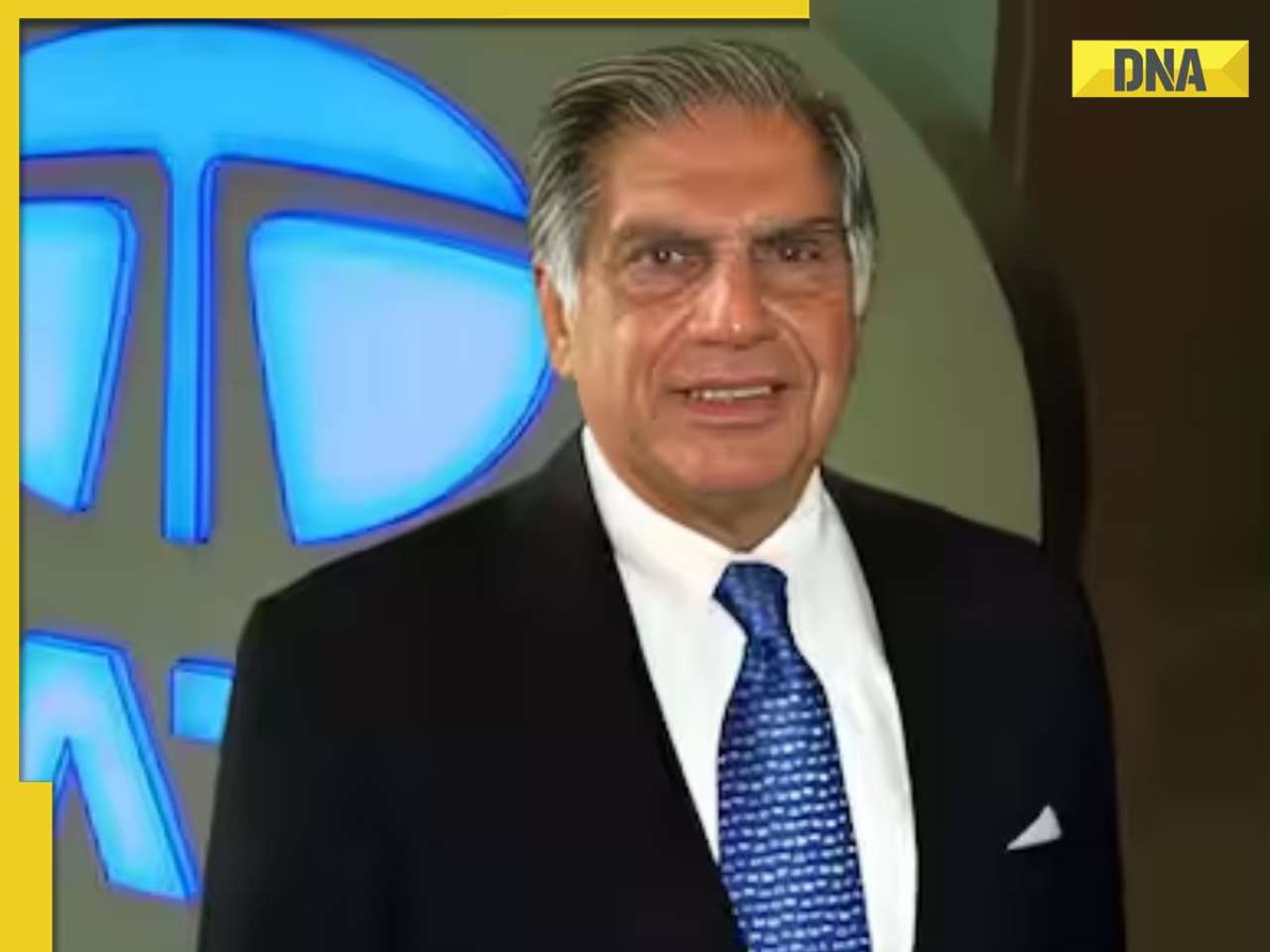




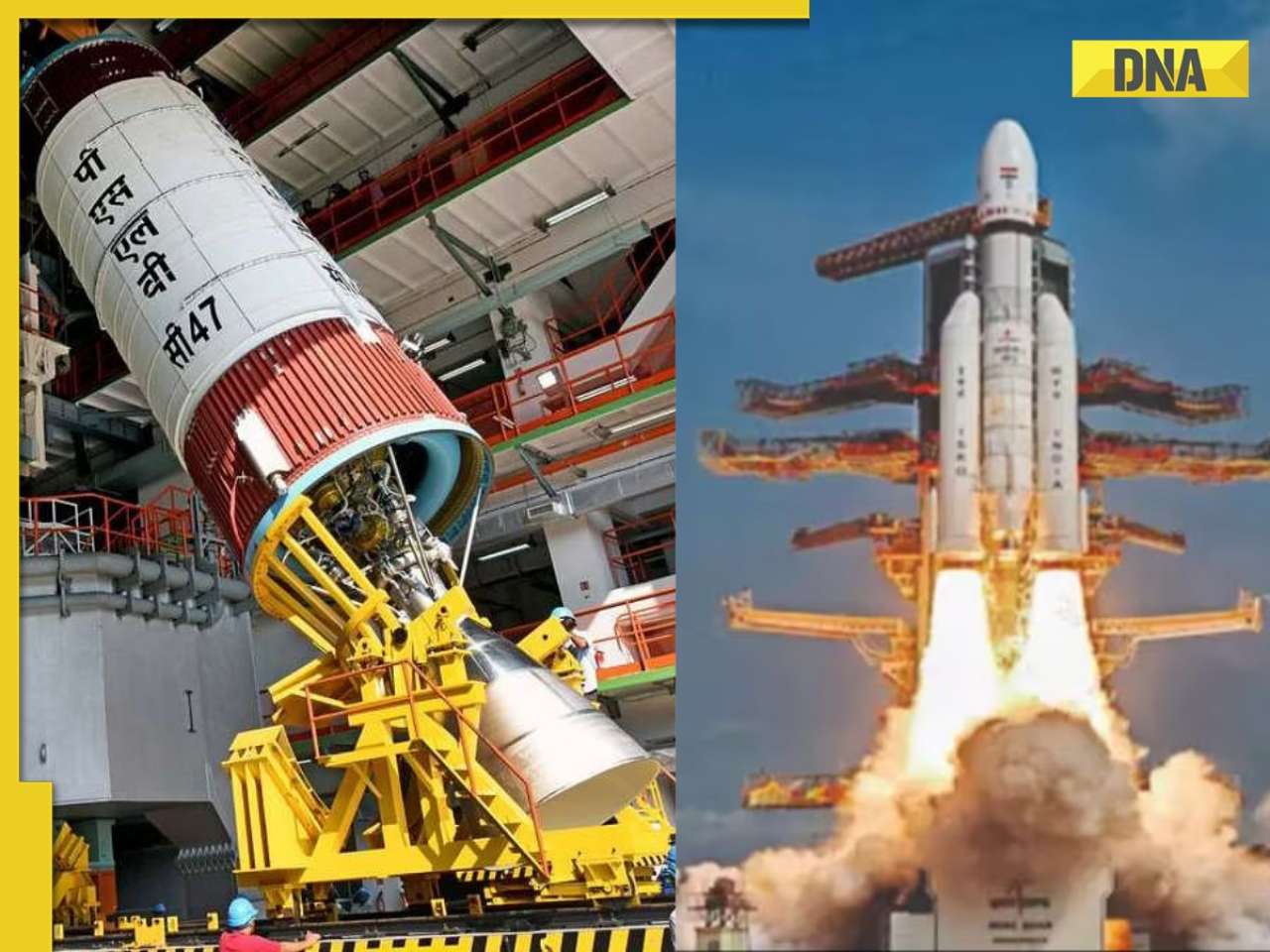
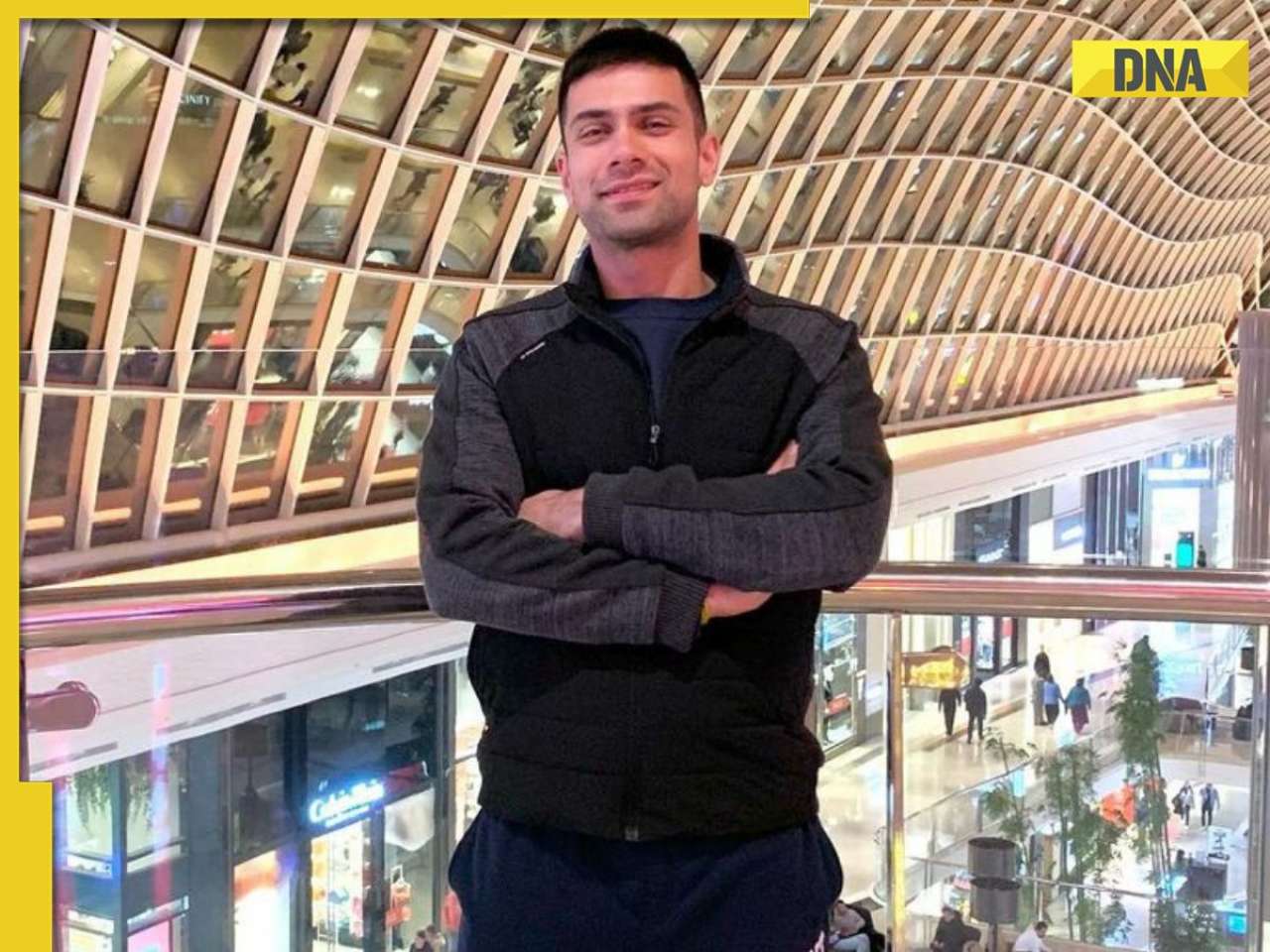

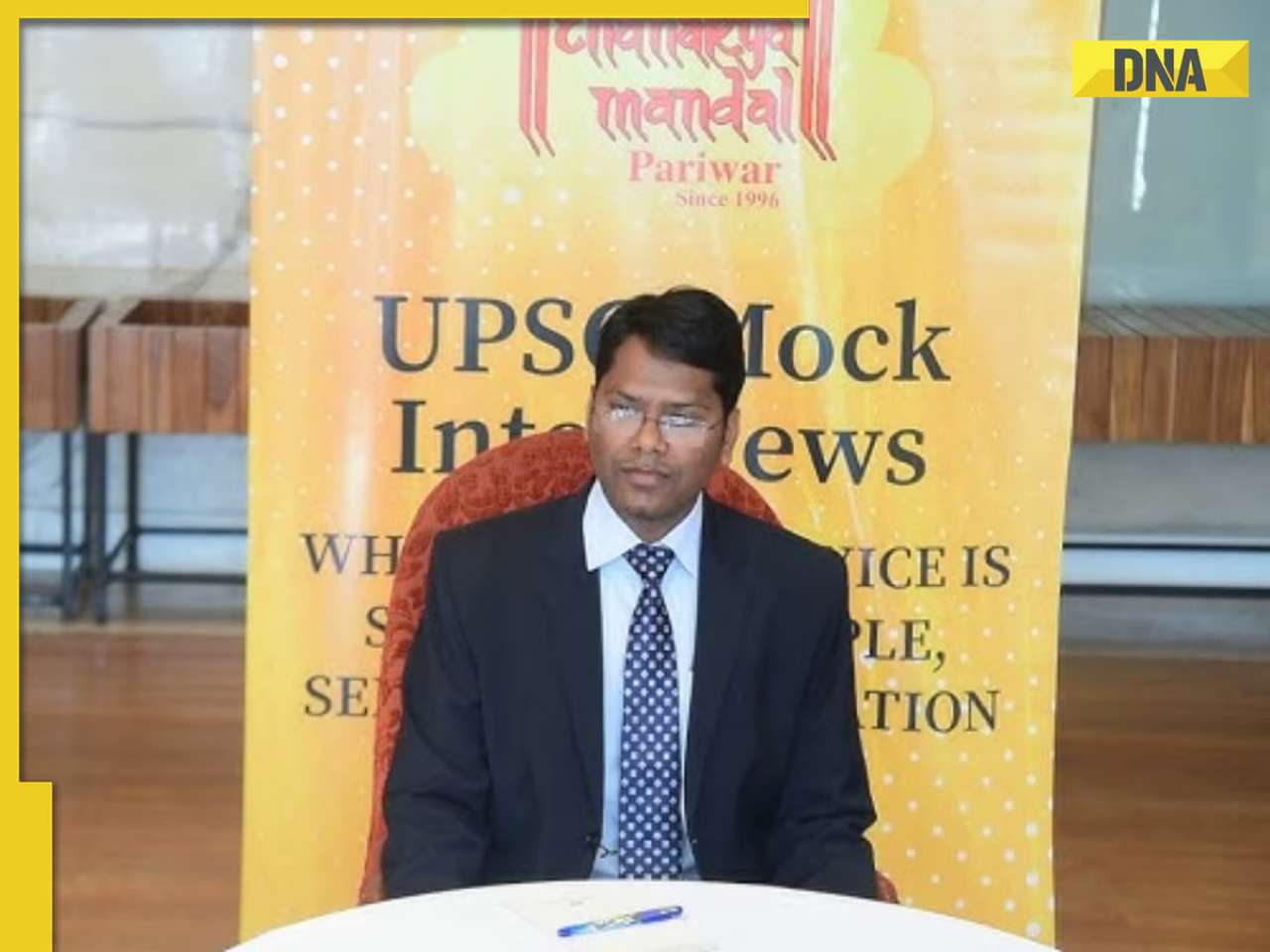







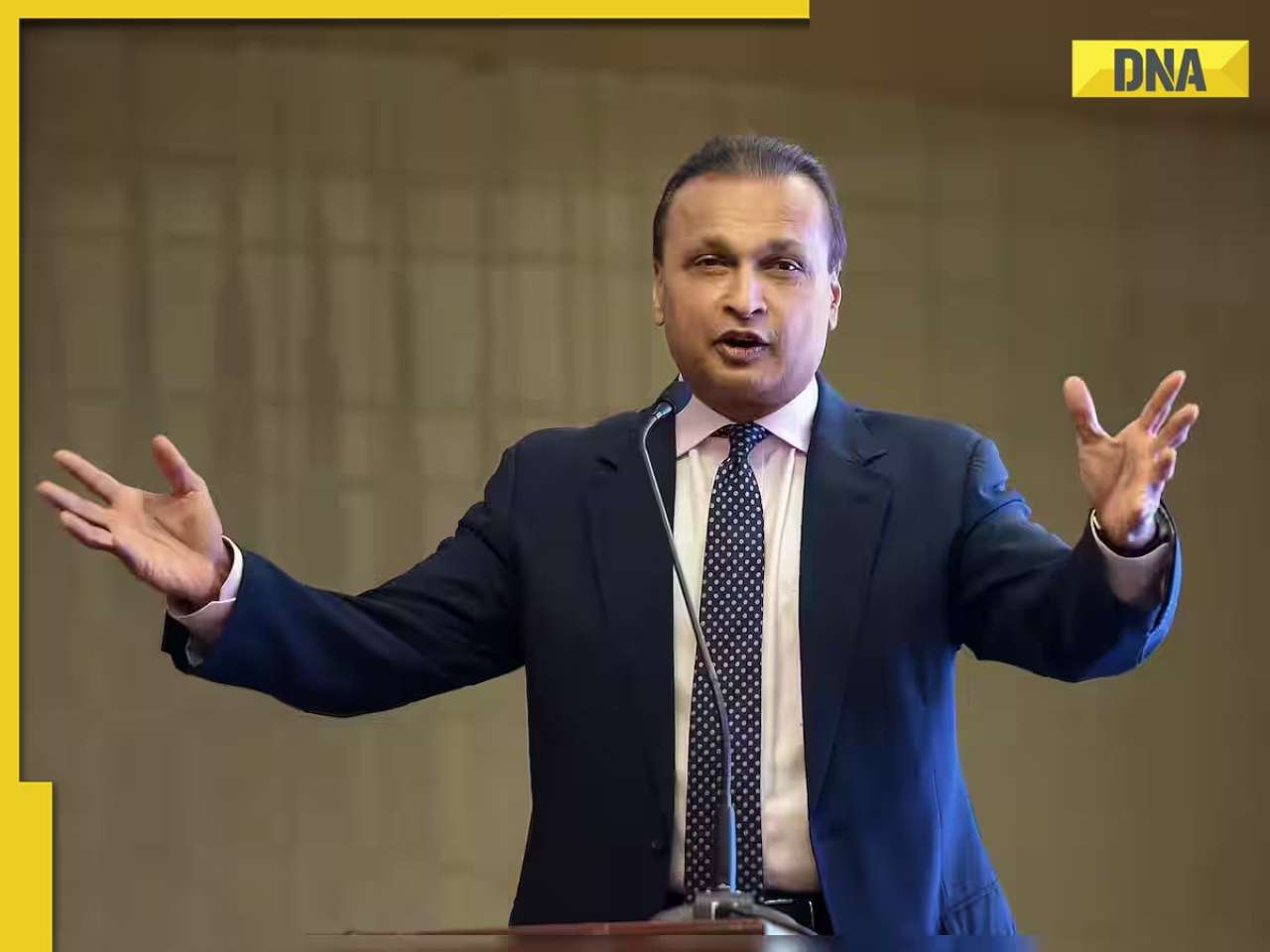













)





)
)
)
)
)
)